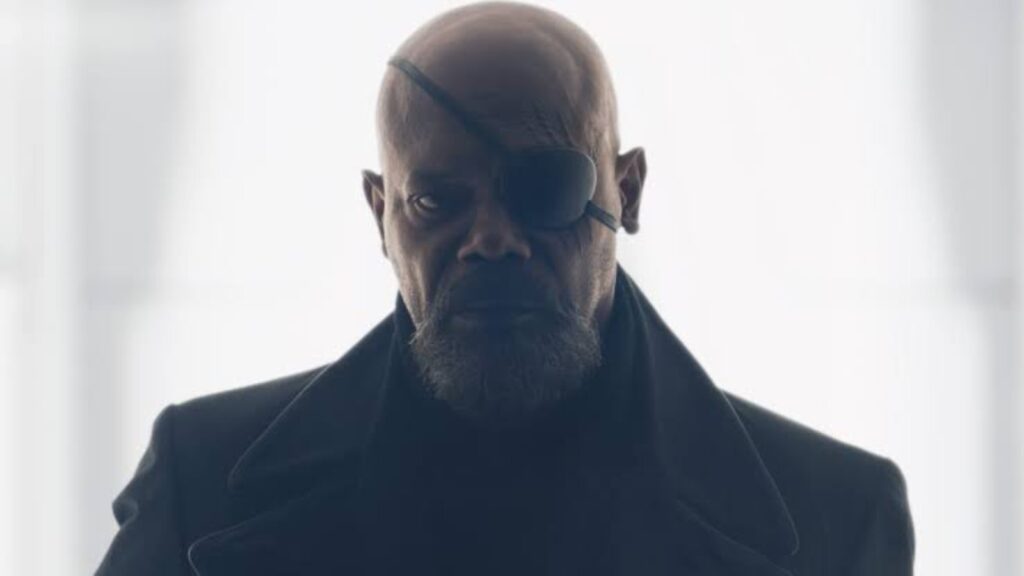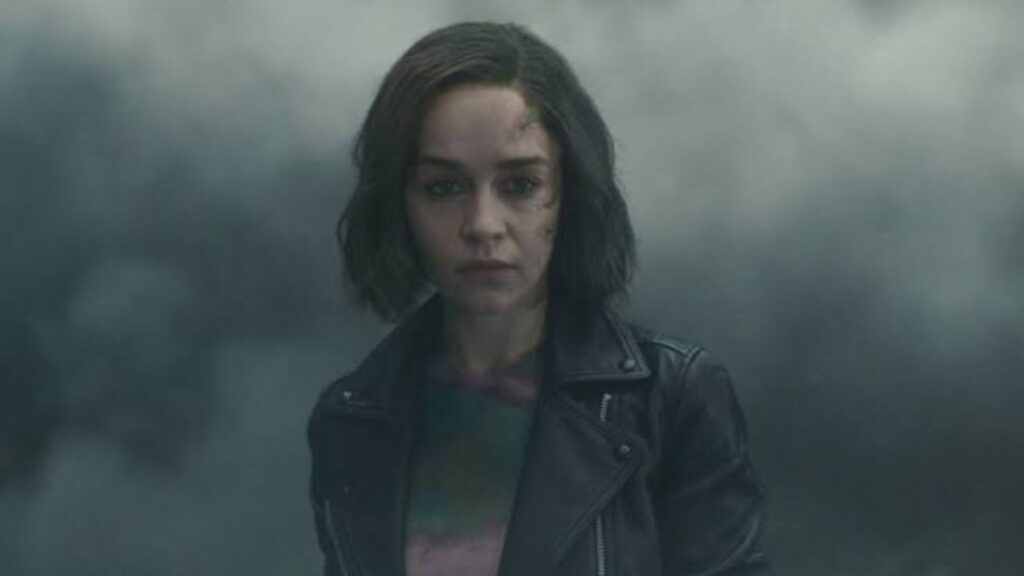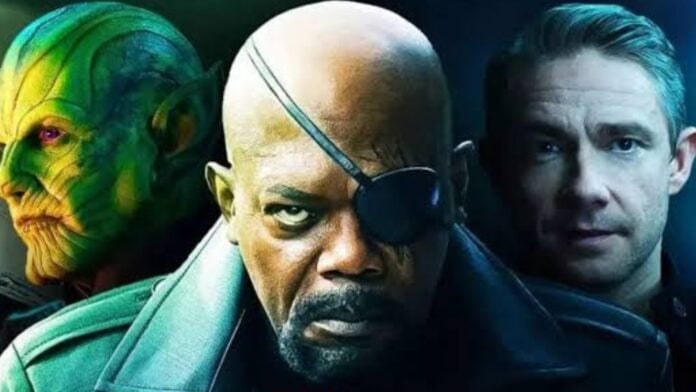The Marvel Cinematic Universe’s foray into television has been a mixed bag, but ‘Secret Invasion’ is a standout example of missing the mark with a huge goal. Despite an incredible cast, compelling source material, and high expectations, the series stumbled in ways that disappointed everyone.
With such a disaster, it’s worth dissecting what went wrong with the show. So, let’s look into what made the show such a miss despite its rich comic lore and star cast.
‘Secret Invasion’ Was A Story That Deserved More

When ‘Secret Invasion’ was first announced, it was met with excitement. The comic book storyline it’s based on is a Marvel classic. So, the series had the potential for paranoia, tension, and jaw-dropping twists that were tailor-made for the screen. The show even had Samuel L. Jackson’s Nick Fury as the lead.
Related: Don Cheadle Says He Was Unaware Of His Own Character Rhodey’s Identity In ‘Secret Invasion’
Fans were eager to see his character explored more deeply. Adding Cobie Smulders’ Maria Hill into the mix promised compelling character dynamics. Unfortunately, the show squandered that potential almost immediately. Maria Hill’s death in the first episode set the tone for an unpredictable series.
Additionally, the story itself lacked the layered complexity that fans had hoped for. Instead of immersing viewers in a web of intrigue, it delivered predictable Skrull reveals. Where was the paranoia that ‘Secret Invasion’ promised? Where were the shocking moments and unpredictability?
The Biggest Issue With ‘Secret Invasion’

The biggest issue with ‘Secret Invasion’ wasn’t its small-screen format, it was Marvel’s approach to storytelling. The six-episode limited series model has its limitations. While it worked for tightly focused stories like ‘WandaVision’, it often leads to rushed conclusions, as seen with ‘Secret Invasion’.
In case you missed it: ‘Secret Invasion’: 5 Human Characters Who Can Turn Out To Be Skrulls
Moreover, the finale exemplified these issues. What could have been a satisfying climax to a tense and layered story devolved into yet another CGI-laden fight scene. Emilia Clarke’s G’iah, who suddenly became one of the most overpowered heroes in the MCU, was at the center of a rushed and underwhelming battle.
Instead of a resolution that tied together the show’s themes, we got an ending that raised more questions than answers. This isn’t the only problem with Marvel’s TV strategy. The studio’s insistence on cramming rich narratives into limited runtimes often leaves characters and subplots undercooked.
Shows like ‘Loki’, which embraces multiple seasons, prove that the format can work when given the room to breathe. Additionally, Marvel must start treating its shows with the same care and attention it gives to its movies for it to work out.





